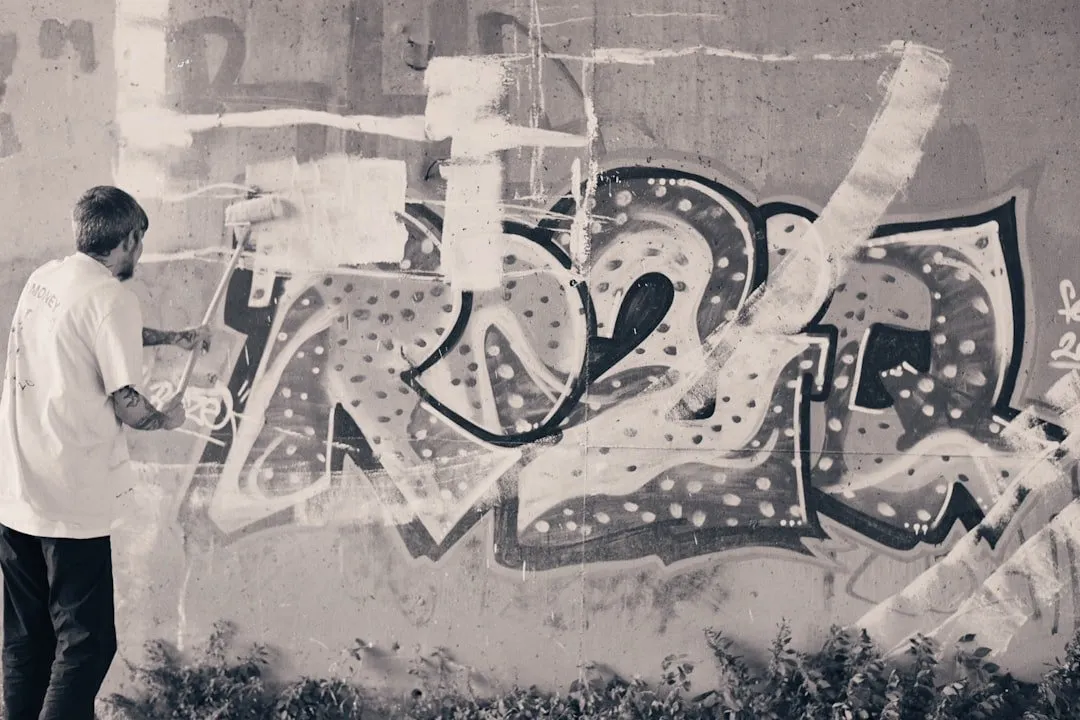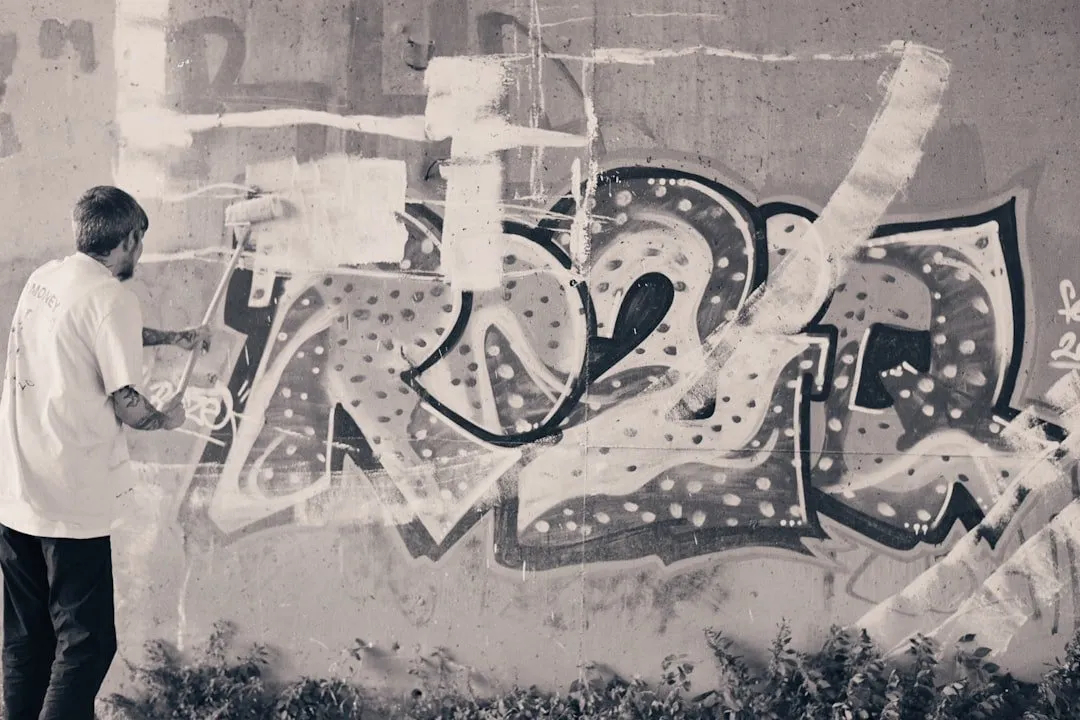Kratom, a tropical tree native to Southeast Asia, has gained attention for its potential therapeutic benefits in treating opiate use disorder and other addictions. However, its legality varies widely; in Utah, kratom is classified as a Schedule I controlled substance without valid medical documentation, making it illegal to possess, use, or distribute under severe penalties. While some states have legalized kratom, Utah's strict regulations pose a barrier for individuals seeking alternative addiction treatment options, emphasizing the importance of understanding local laws regarding kratom's legality. Studies suggest kratom's active compounds can aid withdrawal and reduce cravings but should be used as a supportive tool under medical guidance.
Kratom, derived from the tropical plant Mitragyna speciosa, has gained attention as a potential aid in addiction treatment and recovery. This natural substance, known for its opioid-like effects, offers a unique approach to managing withdrawal symptoms and cravings. However, navigating its use requires careful consideration, especially regarding legal implications. In Utah, the legal status of kratom is a crucial factor to understand before exploring its potential as an alternative support tool for those in recovery, particularly from opioid addiction.
- Understanding Kratom and Its Potential for Addiction Treatment
- The Legal Status of Kratom in Utah: What You Need to Know
- Exploring Kratom as a Support Tool for Recovery
Understanding Kratom and Its Potential for Addiction Treatment

Kratom, scientifically known as Mitragyna speciosa, is a tropical tree native to Southeast Asia with a rich history of traditional use. Its leaves contain alkaloids that interact with opioid receptors in the brain, offering potential therapeutic benefits for those struggling with addiction, including opiate use disorder. In many parts of the world, kratom has been studied as an alternative treatment for withdrawal symptoms and cravings, providing relief without the harmful side effects often associated with pharmaceutical interventions.
However, it’s crucial to note that the legal status of kratom varies widely across countries and states. While some places have legalized or decriminalized its use for medical purposes, including Utah (as of 2022), others have stringent restrictions or even consider it illegal. Understanding local regulations is essential before considering kratom as an addiction treatment option.
The Legal Status of Kratom in Utah: What You Need to Know

In Utah, the legal status of kratom is a topic of interest for many individuals seeking alternative addiction treatment options. While some states have legalized both medicinal and recreational use, Utah has maintained a stricter approach. Currently, kratom is classified as a Schedule I controlled substance in Utah, which means it is illegal to possess, use, or distribute without specific medical purposes and a prescription from a licensed healthcare provider. This classification is part of the state’s broader regulations on substances with potential abuse risks.
It’s crucial for residents considering kratom for addiction treatment to understand these laws. Using or possessing kratom without proper documentation can result in severe legal consequences, including fines and imprisonment. Despite its potential therapeutic benefits, the legality of kratom in Utah remains a barrier for many looking for alternative recovery methods. Therefore, individuals exploring this option must stay informed about current regulations to ensure compliance with local laws.
Exploring Kratom as a Support Tool for Recovery

Kratom, a natural herb derived from the Mitragyna speciosa plant, has gained attention as a potential support tool for addiction recovery. While its use for treating addiction is still a topic of ongoing research and debate, many advocate for its benefits in managing withdrawal symptoms and reducing cravings. In the context of whether kratom is illegal in Utah, it’s essential to understand that the legal status varies across states; however, as of recent updates, Utah has classified kratom as a Schedule I controlled substance, making it illegal to possess, use, or distribute without specific medical purposes and a prescription.
Despite its legal status, some studies suggest that kratom may help individuals in their journey towards recovery from substances like opioid and alcohol addiction. Its active compounds, including mitragynine and 7-hydroxymitragynine, interact with opioid receptors in the brain, offering a way to alleviate withdrawal symptoms. This can be particularly beneficial for those who have struggled with severe cravings and physical dependencies. However, it’s crucial to approach kratom as a tool for supporting recovery rather than a cure-all, and always under the guidance of medical professionals.
Kratom has emerged as a potential aid in addiction treatment and recovery, offering natural relief and support for those seeking to overcome substance abuse. However, navigating its legality, especially in Utah where it’s currently classified as Schedule I, requires careful consideration. While the legal status of kratom remains a topic of debate, numerous studies and personal testimonials highlight its promise in assisting recovery efforts. It’s crucial to stay informed about local laws and consult healthcare professionals for guidance on using kratom responsibly and effectively as part of a comprehensive treatment plan, especially when considering its use in Utah.














